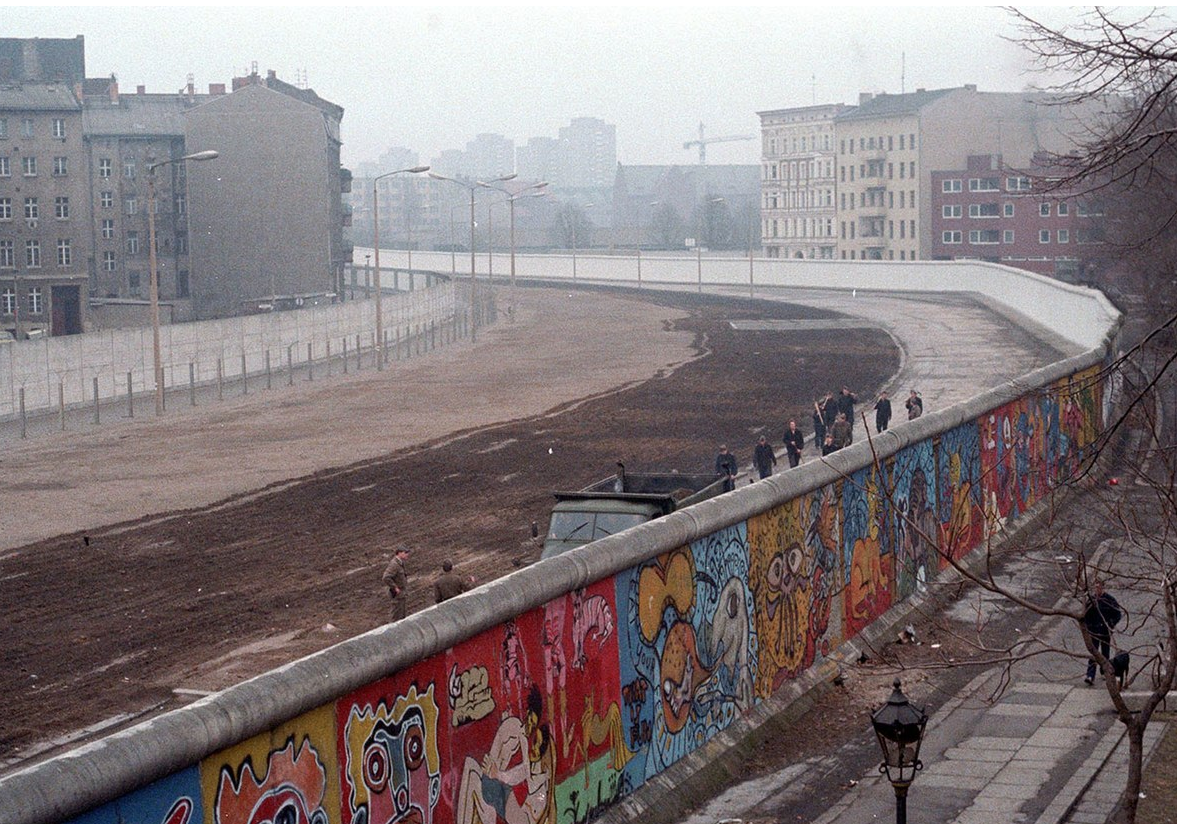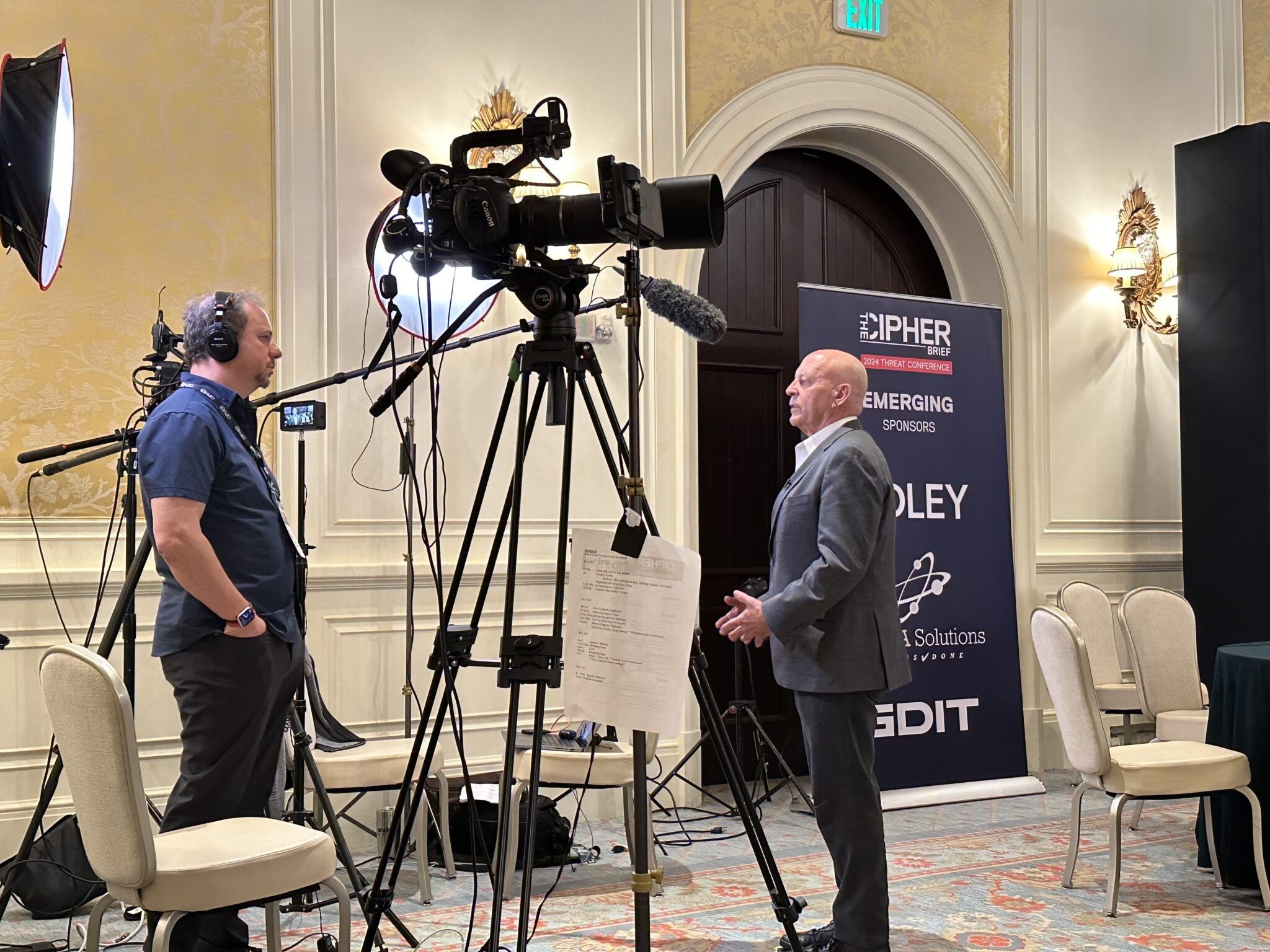A day after its lawyers declared in the Delhi High Court that Akasa Air might be forced to cease its operations following the resignations of 43 pilots, co-founder and Chief Executive Vinay Dube on Wednesday sought to allay stakeholder concerns. He assured employees in an email that the airline’s future and growth path were intact.
The airline’s statement in the court that it was in a “state of crisis” and had been cancelling 24 flights a day in September came even as it received permission from the Civil Aviation Ministry on September 11 to start international operations. The airline is looking at South Asian, Southeast Asian, and West Asian destinations for its international flights.
The airline is undergoing severe turbulence due to the abrupt resignations of 43 pilots who chose to join rival airlines. They did not fulfil their mandatory notice period of six months (for first officers) or one year (for captains).
In an email to employees, Dube wrote the company had “enough pilots at various phases of their training to fly over 30 aircraft” and the airline chose “to fly less and give up market share in the short term to offer a more reliable network to customers”. He further said these were only “short-term constraints”.
Even as he maintained a stoic silence on the hearings in the Delhi High Court, he urged the employees not to be distracted by speculative claims in the media that the airline would shut down.
Akasa’s lawyers on Tuesday pleaded that the court direct the Directorate General of Civil Aviation (DGCA) to enforce the mandatory notice period rule for pilots.
Dube assured that the company was in fine fettle and said Akasa was “never more confident” about its “future and will continue to invest prudently, with longer-term financial success in focus”. He added that they were also pleased to note that their disciplined approach had helped establish a strong financial profile to execute ambitious plans.
The airline, Dube wrote, was generating cash from the first day of its operations, and this meant that the initial funds put in by investors, including the deceased ace investor Rakesh Jhunjhunwala, remained “secure in our bank account”. The employees should be proud that the airline has added to the company reserves even in the first year of its operations, he wrote.
Justifying the company’s decision to sue the 43 pilots for damages, Dube said this had been done after a lot of deliberations, as the pilots’ actions “were not only in violation of their contract but also the country’s civil aviation regulation”.
He further condemned the “unethical behaviour” of the pilots who quit, he was equally thankful to those who stayed back. The “remarkable pilot community gave up their days off to cover additional sectors”, he wrote. And that was particularly significant as they strove to maintain “our uncompromising standards of safety and also get adequate rest”. He also wrote that the company had a 10-year plan that covered pilot recruitment, training, and career upgrades.
About the government’s permission for the airline to fly abroad, the Akasa CEO said: “We are now working with all relevant authorities on our request for traffic rights and will soon be able to announce the international destination we will fly to. We are targeting destinations within the range of a 737 MAX from India to South Asia, Southeast Asia, and West Asia.”
















